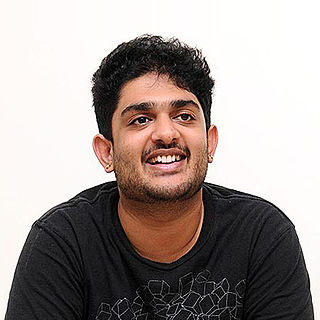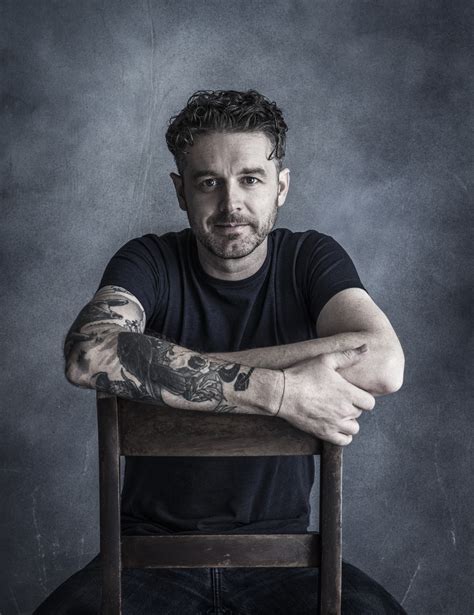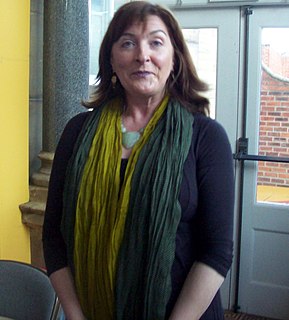A Quote by Sid Sriram
Being an Indian in the U.S. and growing up in the suburbs were the two things that really shaped my outlook.
Related Quotes
I have always been a fan of Salvador Dali, but Amrita Sher-Gil, who was an Indian-Hungarian painter, is another favourite. She was painting Indian women, and, growing up here, I'd never seen anyone paint Indian women, so that was really incredible to see a painting of someone who looks like you. I think that has a lot of impact on you.
I had thought that growing up's consolation was that you could escape from the arbitrariness of things, that somehow one acquired more control. Now you had two numbers until you were ninety-nine. And it wasn't true. Growing up was just more of the same but taller. What happened was all luck. There was no logic.


































